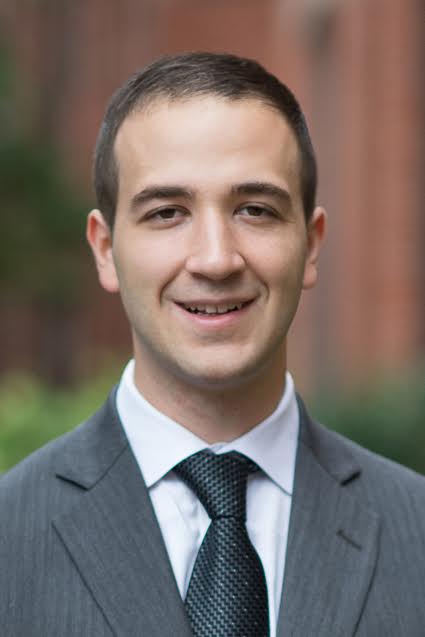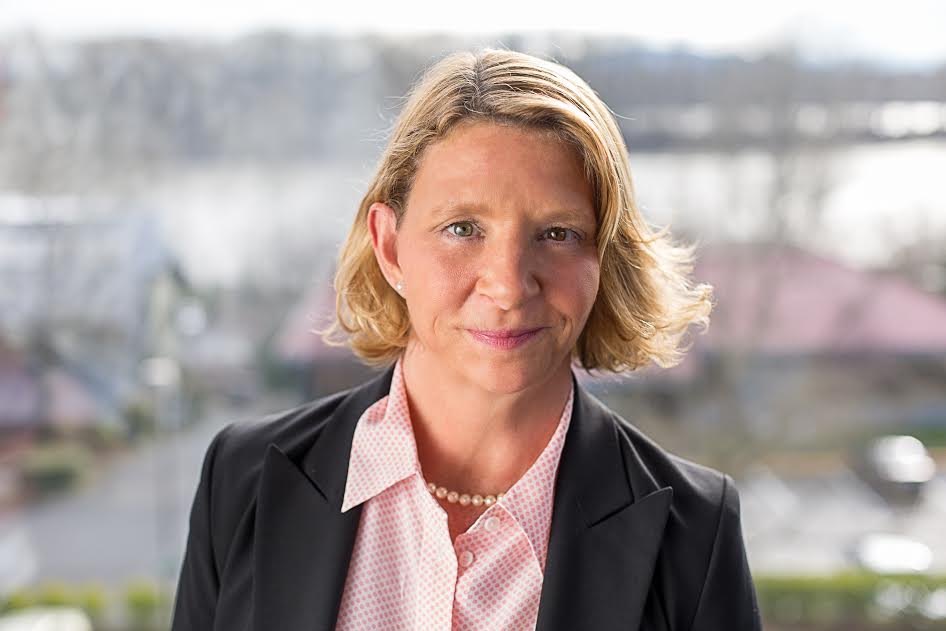One percent of the United State's federal budget accounts for foreign aid. Of that 1 percent, health issues receive the largest share of money. One-third of the foreign aid budget is allotted toward health, totaling about $5.3 billion of the budget in 2014, according to NPR.
In addition to foreign aid in the form of healthcare, foreign policy intertwines with the healthcare industry through medical tourism and immigration.
"Health care has always been used as foreign policy whether directly or indirectly as good will — a form of soft power," says Albert Goldson, executive director of Indo-Brazilian Associates, a New York City-based global advisory firm.
Natural disasters often prompt countries to provide healthcare abroad, responding to the medical needs of those in distress. Indirectly, countries may provide medicine and technology to healthcare providers abroad for an extended period of time.
The rise of medical tourism
With visa policy changes, people may move in and out of the United States with greater ease. The United States and China, for example, wrote an agreement in November 2014 that permits 10-year visas. As of April 2015, India allows 10-year visas, as well.
"These relaxed visa policies facilitate medical tourism, in that they enable people to make recurring trips to foreign countries without the hassle and expense of renewing a
visa, or the uncertainty surrounding renewal," says Adam Powell, PhD, president of Payer+Provider Syndicate, a Boston-based managed care and healthcare delivery firm.
With visas allowing lengthier stays, people posses the opportunity to stay abroad throughout the duration of recovery. In turn, this flexibility paints medical tourism in an appealing light.
The language of healthcare
The United States pledges to take in 85,000 Syrian refugees by 2016, most of whom speak Arabic and Kurdish. With an increasing population of immigrants speaking various languages, medical facilities in the United States must offer services to overcome language barriers in the healthcare system.
Kristin Quinlan, CEO of Certified Languages International, a Portland, Ore.-based remote interpreting company, says hospitals are hard-pressed to find in-person interpreters equipped to foster conversations between healthcare providers and patients who speak various languages.
"Remote interpreting, both via telephone and video, can prove to be an essential service, ensuring an effective means of communicating with those who speak languages of limited diffusion and enabling near immediate connection between the provider and patient with qualified interpreters speaking more than 200 languages," says Ms. Quinlan.
With more immigrants entering the United States, the healthcare industry is charged with the task of bridging the potential gap in communication between physician and patient.
Pictured from left to right: Albert Goldson, Dr. Adam Powell and Kristin Quinlan



Recent articles:
Noble Health Alliance joins HealthShare Exchange membership for expanded data: 5 takeaways
11 key strategies to reduce orthopedic surgery complications — And resulting claims
The best decision I've made this year: 9 ASC administrators discuss
